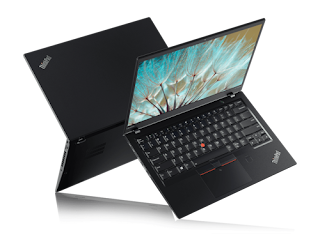Are you interested in purchasing a used laptop? Due to the rising epidemic and the millions of people working and studying online, laptops are expensive and getting harder to get.
If your alternatives for laptop variety or pricing (or both) are restricted, should you think about purchasing a used laptop as your next purchase? We believe that buying used is a terrific idea since it is economical, environmentally good, and frequently performs the same function as buying new.
If you want to get the most out of your next laptop purchase, a new or refurbished laptop could seem enticing. Even from reputable sellers, buying a used gadget entails some risk, but we'll give some helpful advice to help you acquire a laptop you'll enjoy.
But purchasing an old computer has its own complications and dangers, which are heightened when it comes to a device designed for travel. You may find a terrific price on a laptop that you'll use for years even with little consideration and cautious selection. Let's look at it now.
What to choose? Used or refurbished?
Before we look at how to acquire a used laptop, let's talk about used and refurbished laptops. A laptop is referred to be "used" if it has been used by another end-user who bought the used laptop before returning or selling it.
Refurbished refers to a previously owned laptop that has undergone repair or other revitalization and is being sold again by a retailer.
Isn't that easy? This is regrettably not the case. Previously, the term "refurbished" denoted the return of a computer to its original manufacturer, who made any required repairs and certified it as operational or as brand-new.
This often meant that, other from maybe less basic packaging and a 90-day warranty as opposed to a year, a refurbished laptop was practically indistinguishable from a new laptop.
Who is selling the reconditioned equipment affects how confident you are in it. Big-box businesses are often secure, but secondary market vendors like eBay and Amazon pose a little bit of a danger. Sellers of refurbished laptops often provide a brief warranty (90 days) and a note of any visible problems, such worn keys or a cracked top.
But it's not
always the case. The prominence of resellers has led to a rise in the use of
the term "seller refurbished". A used item is described as
"seller refurbished" if the person selling it has tested and
confirmed that it functions; this might mean that the item has been fixed or
has simply been powered on and tested.



